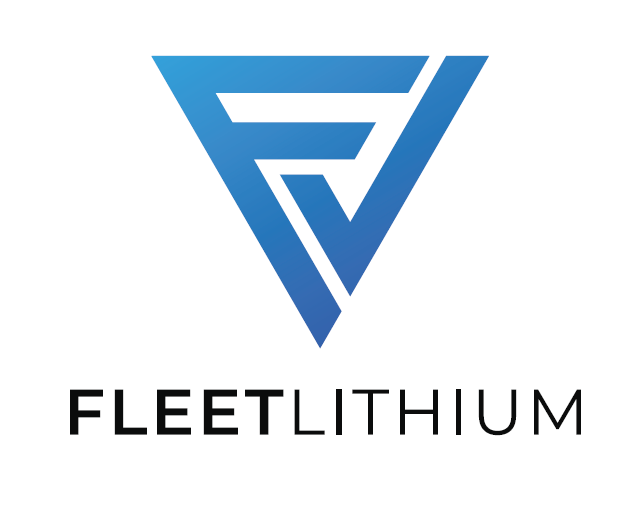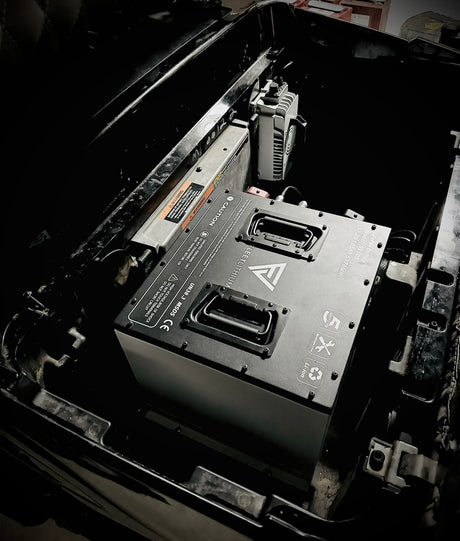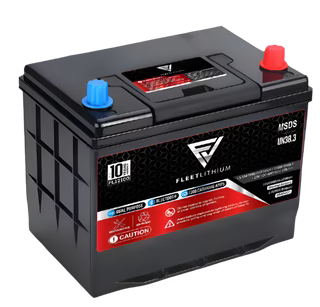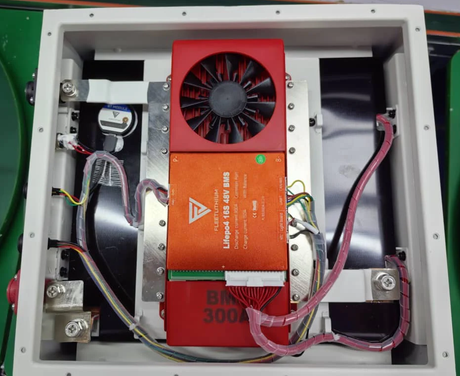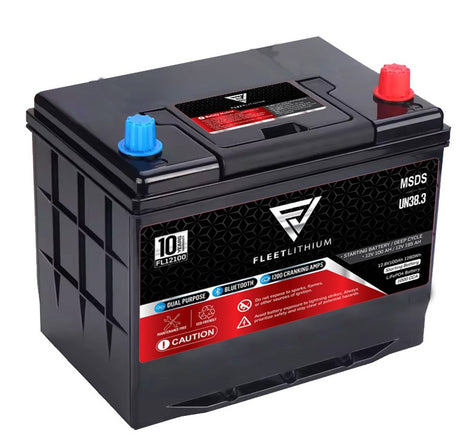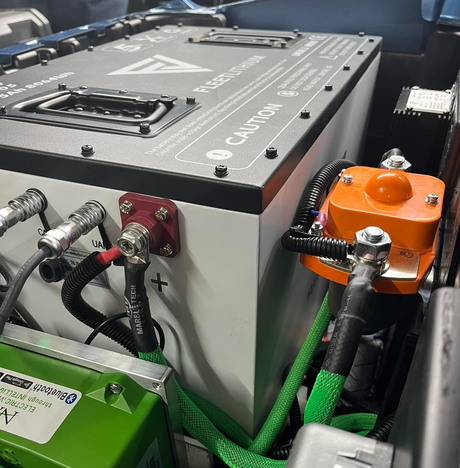While lithium-ion batteries are widely regarded as more environmentally friendly than traditional alternatives like lead-acid batteries during their use phase, their manufacturing process presents significant environmental and ethical challenges that cannot be overlooked. The extraction of key raw materials, such as lithium, cobalt, and nickel, which are essential components of most lithium batteries, can have a devastating impact on the environment and local communities.
-
Soil and Water Contamination
Mining operations often involve the use of toxic chemicals such as cyanide and sulfuric acid, which can leach into nearby soil and water sources, causing long-term contamination and devastating ecological effects. Improperly managed waste from these mines can poison rivers, lakes, and aquifers, impacting not only local wildlife but also the people who rely on these resources for drinking water and agriculture. -
Deforestation and Habitat Destruction
In some regions, the demand for lithium has led to extensive deforestation, particularly in places where the raw materials are extracted from tropical rainforests or biodiverse ecosystems. This destruction of natural habitats threatens countless species of wildlife, disrupts local climates, and contributes to the loss of biodiversity. It also reduces the Earth’s ability to absorb carbon dioxide, exacerbating the global climate crisis. -
Human Rights Violations
Mining for materials like cobalt—primarily in the Democratic Republic of Congo (DRC)—has been linked to severe human rights abuses, including child labor, unsafe working conditions, and exploitation of local communities. These ethical concerns are particularly troubling given the growing demand for lithium batteries in various industries, from electric vehicles to consumer electronics.
While these issues are not inherent to the technology of lithium batteries themselves, they are part of the broader environmental and social impact tied to the mining and supply chain processes.
Fleet Lithium’s Commitment to Ethical Sourcing
At Fleet Lithium, we understand that the environmental and social challenges associated with raw material extraction must be addressed for the benefit of both people and the planet. We are dedicated to reducing the negative impact of lithium battery manufacturing by focusing on ethical sourcing, sustainable production, and recycling efforts that minimize our reliance on raw materials.
- Responsible Sourcing Practices
Fleet Lithium is committed to sourcing materials for our LiFePO4 batteries from suppliers who adhere to ethical and environmentally responsible mining practices. This includes ensuring that our raw materials are obtained from regions that meet high environmental standards and where social and labor standards are rigorously enforced.
By working with certified suppliers who follow responsible mining guidelines, we strive to:
-
Minimize ecological disruption: We prioritize suppliers who engage in sustainable mining practices that reduce the environmental footprint of their operations, including those that avoid destructive practices like open-pit mining and deforestation.
-
Support human rights: We work with suppliers who are committed to providing fair wages, safe working conditions, and ensuring that their operations are free from child labor and exploitation.
-
Transparency in sourcing: Fleet Lithium ensures full transparency regarding the sourcing of all materials, providing our customers with confidence that their purchases support ethical and sustainable supply chains.
- Exploring Alternative Materials and Recycling Techniques
To further reduce the environmental and social impact of battery production, Fleet Lithium is actively exploring alternative materials and innovative recycling techniques. Our goal is to reduce the reliance on scarce raw materials like cobalt and nickel, which are not only environmentally damaging to mine but are also subject to price volatility and geopolitical risks.
-
Alternative chemistries: We are investing in research and development to explore the use of more abundant and sustainable materials in lithium batteries, such as sodium and graphene, which may offer a more environmentally friendly alternative to current materials.
-
Advanced battery recycling: Fleet Lithium is also leading efforts to develop and implement state-of-the-art battery recycling techniques that will allow us to recover and reuse valuable materials like lithium, cobalt, and nickel from old batteries. This closed-loop recycling approach significantly reduces the need for new raw materials, helps minimize waste, and lowers the overall environmental impact of battery production.
- Supporting Circular Economy Principles
By embracing a circular economy approach, Fleet Lithium is working to reduce the need for new resource extraction while ensuring that the materials we use in our batteries are efficiently recycled and reused at the end of their life cycle. This approach not only supports sustainability but also promotes a longer-lasting product by extending the useful life of the materials involved.
In line with this, we encourage our customers to take part in our Battery Recycling Program, which allows users to return used lithium batteries for safe and responsible recycling. By reducing the demand for new raw materials and focusing on material recovery, we aim to create a greener, more sustainable future for energy storage and battery technologies.
Fleet Lithium’s Sustainable Manufacturing Vision
Fleet Lithium is fully committed to improving the sustainability of lithium battery manufacturing. While the extraction of raw materials can present significant environmental and ethical challenges, our dedication to responsible sourcing, innovative recycling practices, and alternative materials is helping to reduce the impact of our batteries on the planet and its people.
By focusing on ethical sourcing, sustainable manufacturing, and creating a circular economy for battery materials, Fleet Lithium ensures that our LiFePO4 batteries not only provide exceptional performance but do so in a way that prioritizes the health of the planet and human well-being.
As the demand for energy storage and electric vehicles continues to grow, we remain dedicated to leading the way in making lithium battery production more ethical, sustainable, and environmentally friendly.
Fleet Lithium – Powering a Sustainable Future, One Battery at a Time.

